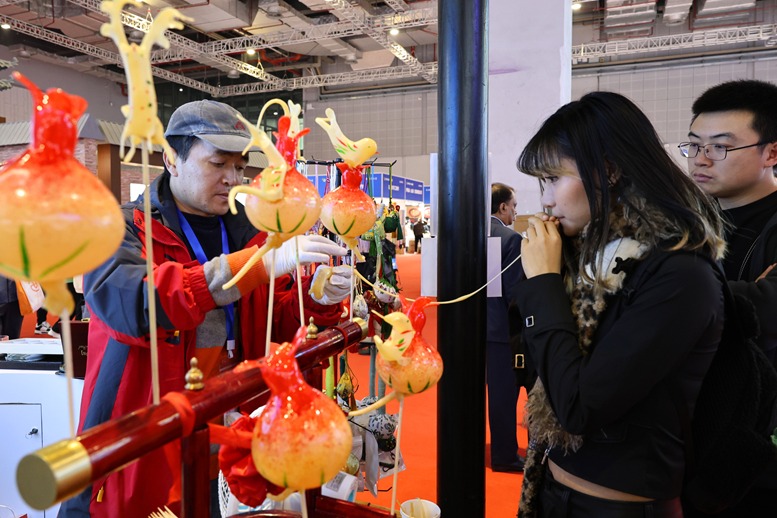Boston Scientific bullish on China's medical device market


Boston Scientific is bullish that China has the potential to be its largest overseas market as the medical device maker's growth strategy aligns with the country's 14th Five-Year Plan (2021-25) and other macropolicies, according to a senior executive.
China is now the company's second-largest market in Asia-Pacific after Japan, and Boston Scientific is ready to return to high double-digit growth this year, fueled by broad-based recovery across all of its business units, said Art Butcher, the company's executive vice-president and president for Asia-Pacific.
"The strategic importance of China cannot be overstated," Butcher told China Daily in a recent interview. "China is incredibly important to our regional and global strategy. I fully anticipate that China will be the largest single business unit outside the United States."
Outside its home turf, Boston Scientific saw Asia-Pacific claim 17.7 percent its $10.7 billion revenue in 2019. While not disclosing China's share, Butcher highlighted the country's speedy economic recovery following the COVID-19 pandemic and the consequent bounceback of medical procedure volume, which is not yet evident in many parts of the world.
He pointed to growth in left atrial appendage closure devices used for stroke prevention, and peripheral intervention devices with the development of drug-eluting stent technology. But the common thread is the focus on expanding access to medical care and improving quality.
"So our focus is on expanding access to care and improving the quality of care, which I think is very much aligned with what the Chinese government has outlined in the China healthcare policy," Butcher added.
The 14th Five-Year Plan, which charts China's development course for the next five years, includes a number of healthcare-related policy focuses, from optimizing balanced quality medical resources and promoting tiered diagnosis systems to the development of high-end medical devices and the proliferation of remote medical care.
Butcher said the expanded access is best reflected in the company's opening of a second China headquarters in Southwest China's Chengdu, capital of Sichuan province, building on its already widespread presence in tier-one hospitals.
The company is also focusing on physician education as part of its efforts to improve quality, and last year's online push through webinars and digital courses reached more than half-a-million healthcare providers, thus opening up "a whole new chapter for us", he said.
"So we figured out new ways of training remotely so that we can accelerate procedural growth. And then ultimately, all of that ties back to expanding access to care and quality of care, which ties exactly to the goals of the two sessions (China's annual top legislative and political consultative meetings)," Butcher added.
The medical devices market in China is expected to grow at a compound annual growth rate of 8.4 percent, from $46.5 billion in 2019 to $75.5 billion by 2025, according to GlobalData, a global data and analytics company.
Multinationals should adopt localization strategies to gain ground in the highly lucrative market, said Pratibha Thammanabhatla, an analyst on medical devices at GlobalData.
"As Chinese medical device makers ramp up their research and development capabilities, they are bound to gain market share. Against this backdrop, foreign companies need to produce medical devices locally to stay relevant to the market and survive the competition," she said.
Boston Scientific has conducted many pilot programs such as a therapy for benign prostatic hyperplasia as well as the use of 5G technologies, in the Hainan Boao Lecheng International Medical Tourism Pilot Zone-a dedicated area in which preferential policies allow the import of medical devices, technologies and drugs.
"If you think about that mission of expanding access and quality, and (China's) dual circulation (development pattern), which is localization and partnering and helping to develop local industry while also delivering global innovation, I think we're really trying to grow in the partnership with shared vision of the Chinese government," Butcher said.




































